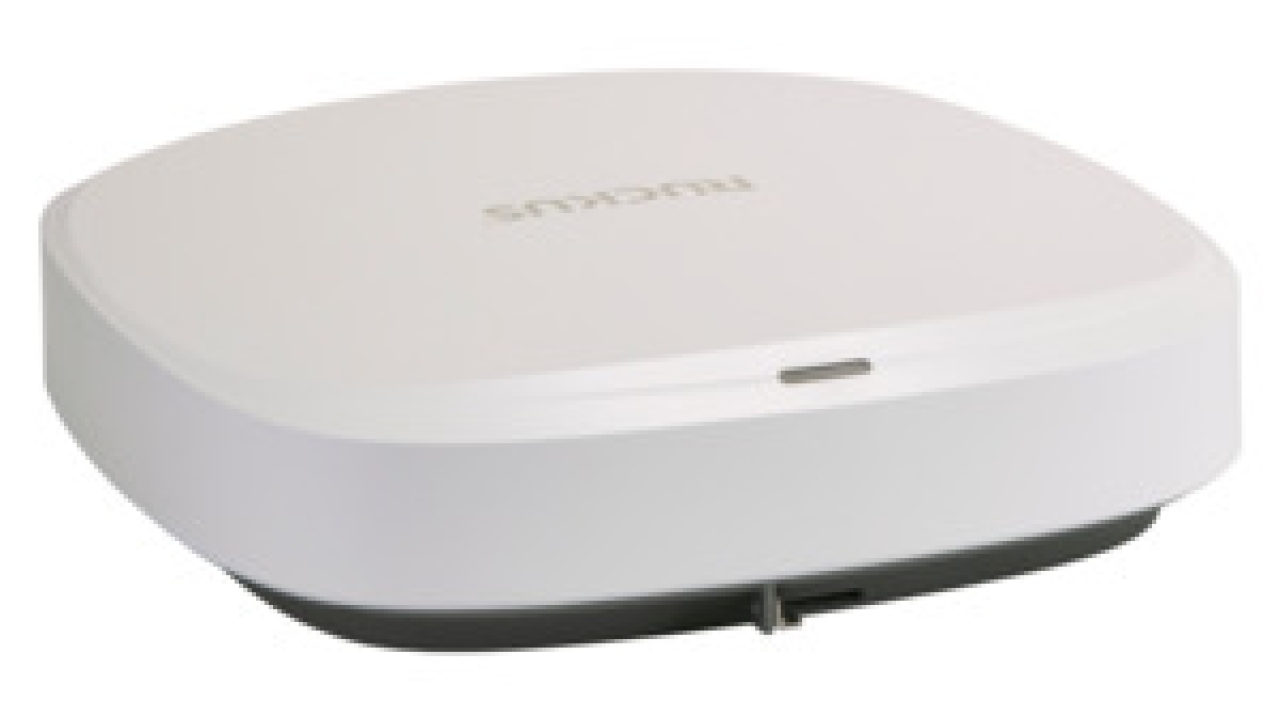Unleashing Connectivity Beyond Walls: The Advantages of Outdoor Access Points
Posted on 27 December, 2023 by RUCKUS Networks

Outdoor Access Points (OAPs) have become essential components in extending wireless network coverage to outdoor spaces, providing users with connectivity in areas beyond traditional indoor environments. In this article, we explore the functions, benefits, and considerations associated with outdoor access points, showcasing their role in creating seamless connectivity outdoors.
Understanding Outdoor Access Points:
1. Definition:
outdoor access point (OAPs) are specialized wireless devices designed to provide Wi-Fi connectivity in outdoor environments. These access points are built to withstand varying weather conditions while delivering reliable and extended coverage beyond indoor spaces.
2. Functions:
Outdoor Access Points serve several key functions, including:
Extended Coverage: Enhancing the reach of wireless networks to cover outdoor areas such as gardens, campuses, parks, and outdoor workspaces.
Mobility Support: Enabling users to maintain connectivity while moving between indoor and outdoor spaces seamlessly.
High-Performance Connectivity: Delivering robust and high-speed wireless connectivity to support outdoor activities and events.
Benefits of Outdoor Access Points:
1. Extended Connectivity:
OAPs significantly extend the coverage area of a wireless network, allowing users to stay connected even when outdoors. This is particularly valuable for organizations with outdoor spaces or public venues.
2. Enhanced Outdoor Workspaces:
Outdoor access points support the creation of outdoor workspaces, enabling employees to work in open-air environments without sacrificing connectivity. This is beneficial for collaborative activities and meetings.
3. Connectivity for Public Spaces:
Public venues such as parks, stadiums, and outdoor event spaces can leverage outdoor access points to provide visitors with seamless Wi-Fi connectivity, enhancing the overall experience.
4. Support for IoT Devices:
Outdoor areas often host a variety of Internet of Things (IoT) devices. OAPs accommodate the connectivity needs of these devices, supporting smart city initiatives and outdoor IoT deployments.
5. Resilience in Harsh Environments:
Outdoor access points are designed to withstand challenging weather conditions, ensuring resilience against rain, extreme temperatures, and other outdoor elements. This durability contributes to the longevity of the network infrastructure.
Key Considerations for Outdoor Access Points:
1. Weather Resistance:
Ensure that outdoor access points are weather-resistant, with features such as waterproof enclosures and protective measures against dust and humidity.
2. Antenna Design and Placement:
Optimize antenna design and placement for outdoor environments to maximize coverage and address potential obstructions. Directional antennas may be beneficial in specific scenarios.
3. Power Options:
Evaluate power options for outdoor access points, considering Power over Ethernet (PoE) and alternative power sources such as solar panels. PoE simplifies installation and reduces the need for additional power infrastructure.
4. Security Features:
Implement robust security features, including encryption standards, secure authentication methods, and intrusion detection capabilities. Outdoor networks are susceptible to security threats, and stringent measures are crucial.
5. Compliance with Regulations:
Ensure that outdoor access points comply with local regulations and legal requirements, especially in public spaces. This includes adherence to radio frequency (RF) emission limits and other relevant standards.
Conclusion: Connecting the Great Outdoors with Outdoor Access Points
Outdoor Access Points play a pivotal role in expanding the reach of wireless networks, providing connectivity in outdoor environments where traditional indoor access points may fall short. Whether enhancing outdoor workspaces, supporting public venues, or enabling IoT initiatives, OAPs contribute to a connected and versatile network infrastructure. By considering weather resistance, antenna design, power options, security features, and regulatory compliance, organizations can deploy outdoor access points that effectively bridge the gap between indoor and outdoor connectivity, creating a seamless wireless experience for users.
For more info. Visit us:
Fast connectivity for Stadiums
fastest wireless access points
https://www.dreammakersevent.com/
18 July, 2020